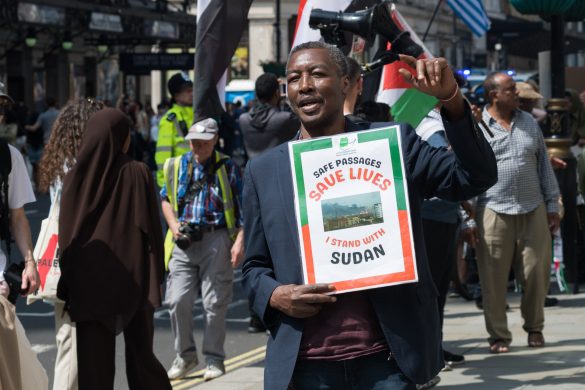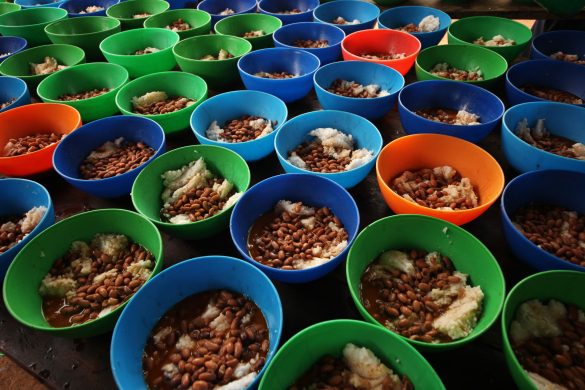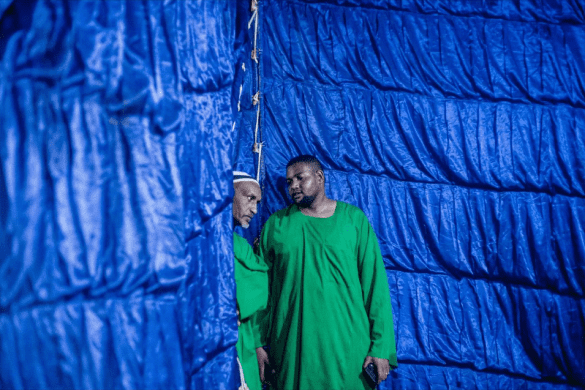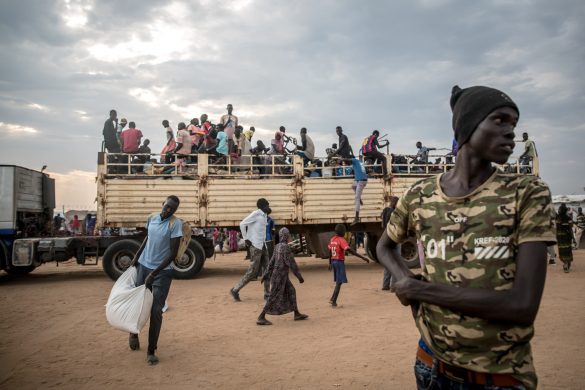GENEVA, 21 August 2015 (OHCHR): Serious human rights violations and abuses that occurred in Darfur in 2014, including killings and sexual violence, have largely gone uninvestigated and unpunished, according to a new report by the UN Human Rights Office (Office of the High Commissioner for Human Rights – OHCHR).
The report, based on information provided by the African Union-UN Hybrid Operation in Darfur (UNAMID), details cases of human rights violations and reveals widespread impunity.
Of the 411 cases documented by UNAMID of alleged violations and abuses of the right to physical integrity, by all parties to the conflict, very few were investigated or resulted in arrests. Of these, 127 involved the use of sexual violence.
These 411 cases are illustrative of a much broader pattern of violence, the report states.
”Nægter at tage menneskerettigheder alvorligt”
“The report paints a very grim picture of the systemic failure, or outright refusal, by the authorities to take human rights violations seriously. Most victims have not received justice or any remedies for the wrongs that they suffered,” UN High Commissioner for Human Rights Zeid Ra’ad Al Hussein said.
“The casual manner in which inquiries by UN human rights staff have been dismissed by local police is deeply disturbing and indicates the extent to which State officials feel they are above the law. The authorities must bring an end to the endemic impunity in Darfur.”
Politifolk og soldater også involveret
The report details incidents where Sudanese police and security forces were allegedly involved in physical attacks against civilians, including shooting and killing, as well as abductions, robberies and extortion.
Such cases are underreported due to fears of reprisals and a general lack of trust in the authorities.
In some cases, the work of UN human rights staff was impeded by difficulties in gaining access, including the refusal of Government authorities and armed opposition groups to allow staff to reach areas where serious abuses were alleged to have taken place.
This was the case in Thabit village in North Darfur, where media sources indicated a mass rape had occurred on 31 October 2014.
Following initial denial of access by the Government, UNAMID was finally allowed to visit Thabit on 9 November, but due to the presence of Sudanese Armed Forces, residents were reluctant to speak freely. Further requests for access were denied.
The report also documents violations of international humanitarian law by all parties to the conflict, including indiscriminate aerial bombardment of civilian areas resulting in deaths and injuries, burning of villages, and destruction of other civilian property and means of sustaining livelihood. In these cases, the State has also failed to establish effective legal or judicial mechanisms to hold perpetrators of such crimes accountable.
Regeringen mangler viljen til at gøre noget
Earlier initiatives by the Government of Sudan to address the situation, including the creation of the Special Court for Crimes in Darfur in 2003, national commissions of inquiry, judicial investigation mechanisms and the revision of the Criminal Code of 1991, have so far been ineffective – reflecting a lack of will to address impunity, the report states.
UNAMID has been working with the Government of the Sudan, including the judiciary and the police, to advocate for justice and accountability since it was established in 2007.
High Commissioner Zeid said the UN stood ready to continue to assist the Government to ensure accountability and victims’ rights to redress, but that it was ultimately a question of political will.
“I urge the Government of the Sudan and the armed opposition groups to take the findings of this report very seriously and to prioritize the fight against impunity, including through prompt, thorough, effective, independent and impartial investigations, and prosecutions, in line with international norms and standards,” he said.
Zeid also underscored the importance of international mechanisms for justice, which are complementary to, and help strengthen and reinforce, domestic mechanisms.
“I urge both the Government and opposition movements to cooperate with the investigation and prosecution of violations and abuses of international human rights and humanitarian law, including with the International Criminal Court,” he added.















